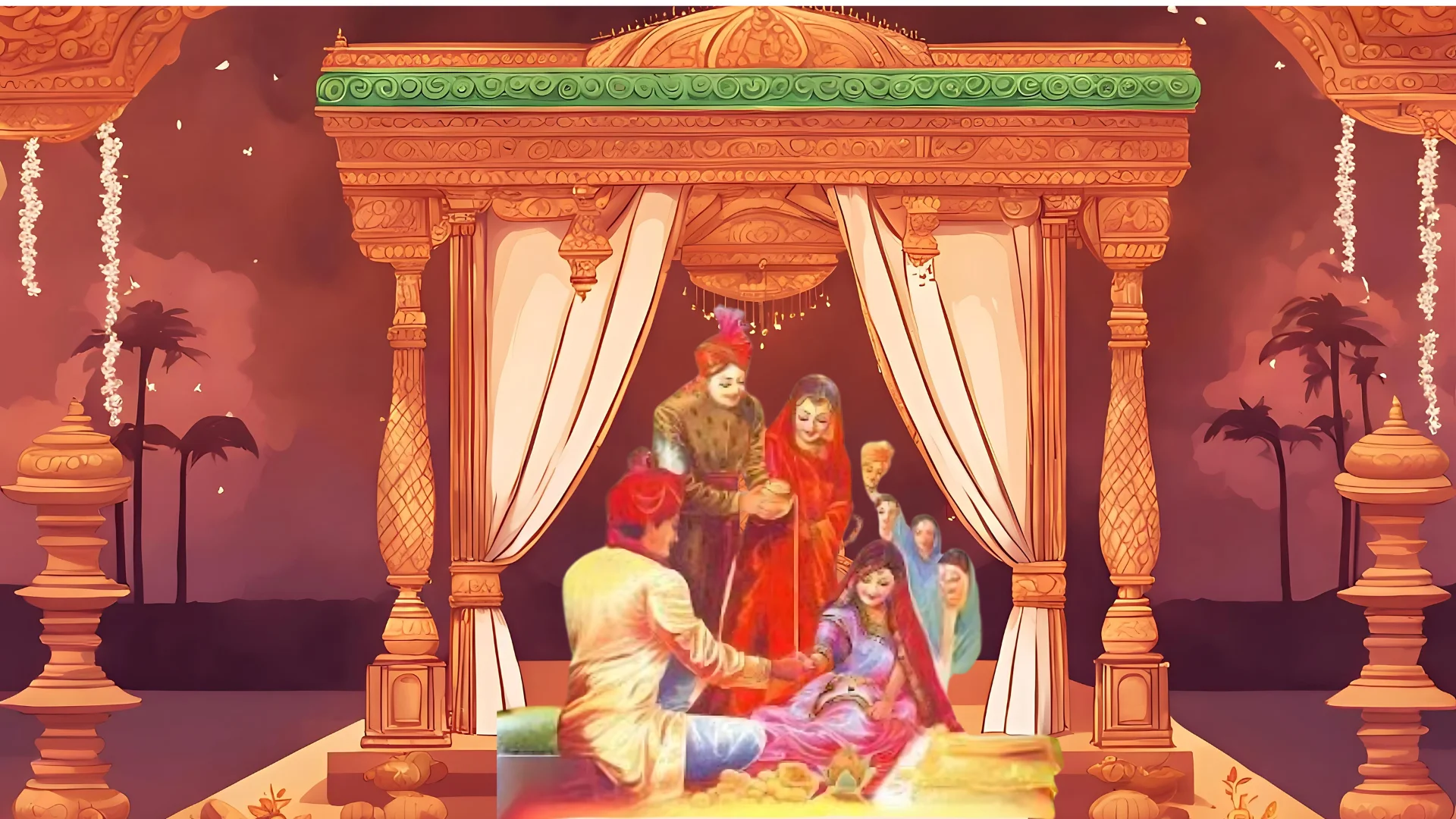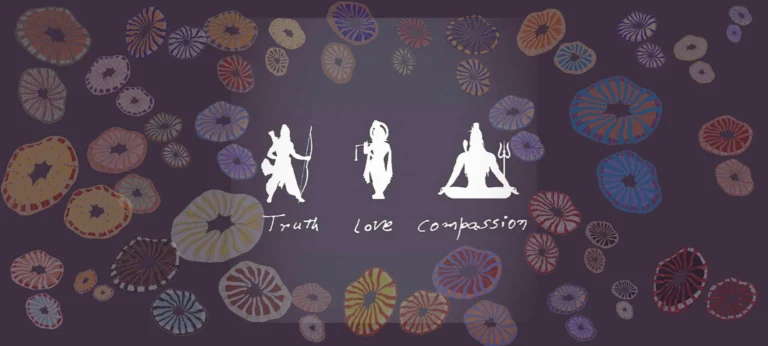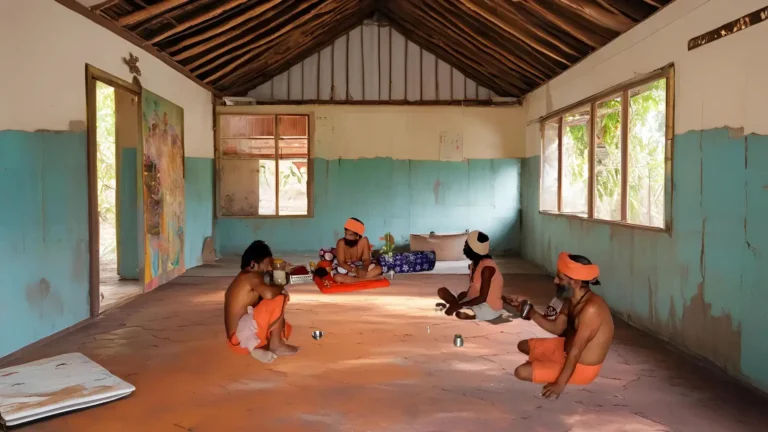Please Like the Blog and Share it for Maximum Reach
Table of Contents
Highlights of How Women Help Uphold Vedic Traditions
- Importance of women in Vedic family hierarchy.
- Role in nurturing future generations.
- Chastity as a societal cornerstone.
- Connection to maintaining clan purity.
- Symbol of Devi (goddess) in society
Position of Women in the Old Social Traditions
A woman holds a much-esteemed position in the hierarchy of society since Vedic times. The followers of Sanatana Dharma call women Devi or goddess, emphasizing their importance in Vedic Traditions and Family.

The quality of chastity makes a woman venerable both in this world and the next. A woman is the soil from whose womb the seed of the next generation sprouts. Virtuous women like Jijabai bore warriors like Chhatrapati Shivaji Maharaj, who revolutionized patriotism. Thus, women have a very high social standing in Vedic Traditions and Family.
If the women of a family go astray, then the family shall have no future. When sin takes over the dynasty, women resort to adultery with men of different clans, giving rise to unwanted children, thus corrupting the purity of the race forever. Hence, the Vedic way encouraged marriages within the same Varna to maintain the integrity of Vedic Traditions and Family.
What is the need for Varna?
The purpose of Varna is not caste but represents people of a particular Guna or Karma. A blacksmith has certain characteristics, and his occupation also influences his inner qualities and his approach toward life. He is useful in his own way and skilled in a particular way. The quality of a Vedic Brahmana is quite different; he consumes food which differs from what a blacksmith consumes. The blacksmith consumes hard food because his energy and aura are different so that he can excel as a blacksmith.
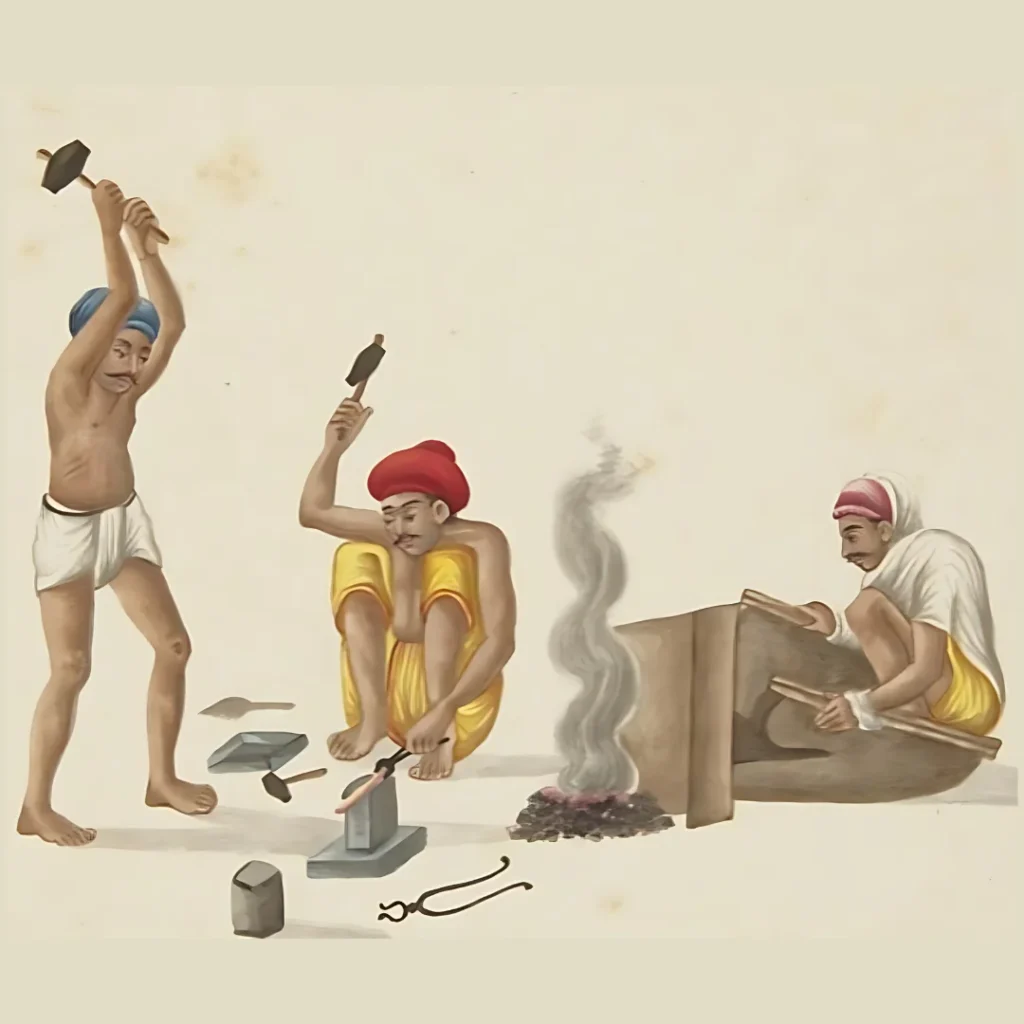
A Brahmana is physically weak and cannot perform the activities of the blacksmith. He is not inferior to a blacksmith and has his own respectable position in the hierarchy of society. So it is advisable that we do not mix the breed of humans to preserve Vedic Traditions and Family. A pure breed is much more useful irrespective of whether he is a blacksmith or a Vedic Brahmana so that the Gunas and Karmas do not intermingle, helping keep the fabric of society.
One should not consider this approach as discrimination based on caste. The caste society came into being when the British introduced a derogatory angle to the Varna Ashrama system, and our current society is still reeling under its ill effects.
7/8 Questions from Sanatana Dharma
The scores generated in this Quiz may or may not be absolute. There may be right or wrong answers to each Question. A percentage towards 100 indicates that you are more aligned to the overall subject matter.
Types of Marriages that define Society
Still, there was some leeway allowed in inter-clan marriages. There are two forms of inter-clan marriages: Anuloma and Pratiloma. According to Anuloma marriages, the man should belong to a higher Varna compared to the lady. For example, a Brahmin man may marry a Kshatriya or Vaishya woman. This marriage was rare but still acceptable.
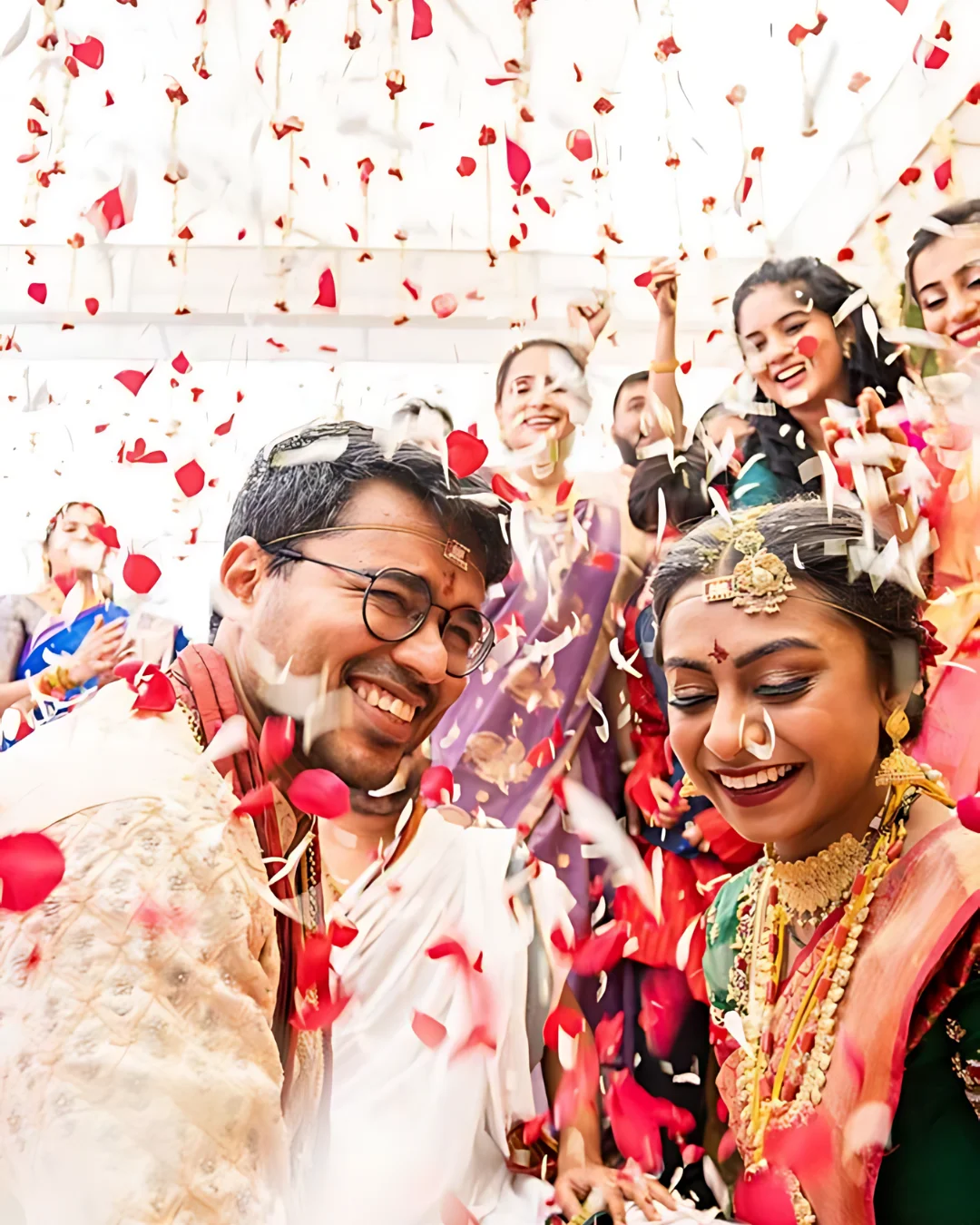
The second type of marriage is Pratiloma. People discouraged this kind of marriage and condemned it because the husband, who was the master of the house, belonged to a lower clan compared to the wife.
The lady should always marry a man of a higher clan, thus uplifting her social standing. For instance, a Brahmin woman cannot marry a person belonging to a lower clan. Society laid out these rules to maintain decorum since Vedic times and preserve Vedic Traditions and Family.
During Vedic times people did not make practice discrimination as the British professed. In fact, these practices crept into Indian society as a curse It was only in the later days of the Mughal rule and the British that castes and sub-castes gained predominance, creating a divide amongst its peoples so that our great traditions stand maligned, creating instability in our social system.
Arjuna’s argument with Sri Krishna about Progeny
Arjuna points out to Lord Krishna by the verse: The progeny born by the admixture of blood causes the downfall of the ancestors. Arjuna says लुप्तपिण्डोदकक्रिया (luptapiṇḍodakakriyā) Pindakriya is the act of offering a lump of rice while Udakakriya means offering Tarpana water. Hence, पिण्डोदकक्रिया (piṇḍodakakriyā) is a combination of offering lumps of rice and Tarpana water to the ancestors. Righteous offspring perform these ceremonies with all faith and reverence.
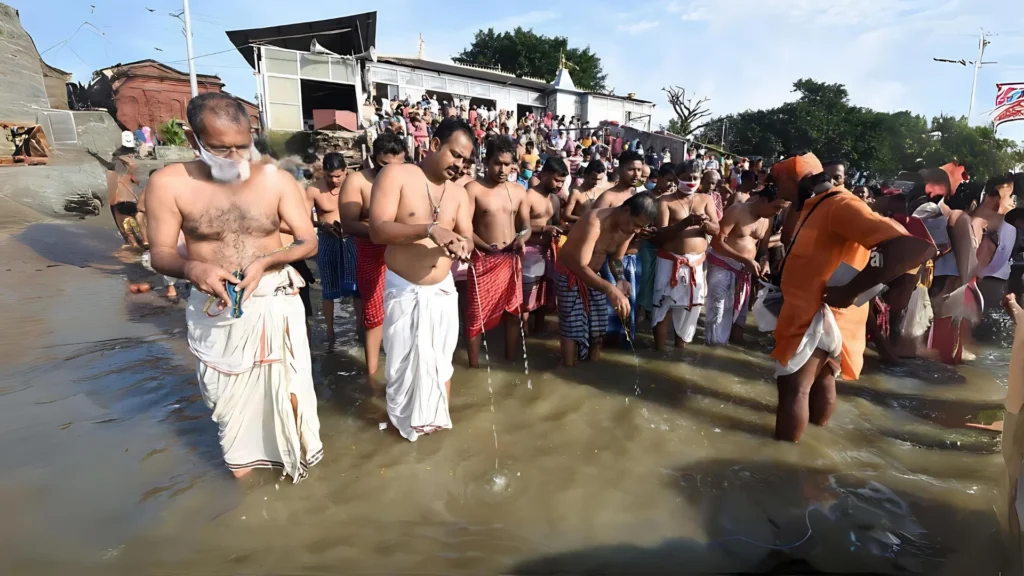
However, undesirable progeny lack faith in these ceremonies or are not even aware of their existence. Yet, if they perform these rites, it shall bear no fruit since such progeny are unfit for performing rituals according to the Shastras. Thus the ancestors fall from the Pitra Loka, being deprived of food and water.
This is not blind faith. A person equipped to enter these dimensions can witness and realize the truths behind these customs. These are not beliefs but a higher reality clearly grasped by self-realized beings of the highest order.
Downside of Intermixture of Clans
There are four reasons for the intermixture of clans: 1) Destruction of the race, 2) Destruction of family traditions, 3) The prominence of vice, and 4) The fall of women from the pedestal of feminine chastity. By ‘Jati Dharma’ and ‘Kula Dharma,’ Arjuna draws a connection between clan traditions and family customs.
With the loss of family customs, which is the foundation of a household, the clan tradition loses its meaning. Inter-clan marriages increase. Evidently, undesirable progeny finds no place in the Varna Dharma as they are of mixed origin. Hence the Varna Dharma loses its relevance, completely failing to accommodate such hybrids. Arjuna thus predicted the future of the dark age of Kali Yuga.
According to Arjuna, those who have lost their family traditions suffer in hells like Kumbhipaka and Raurava for eons together. His family tradition handed over this opinion to him. To prevent this catastrophe, he puts forth his views to the omniscient Lord, Sri Krishna, emphasizing the importance of Vedic Traditions and Family.
Please Like the Blog and Share it for Maximum Reach

